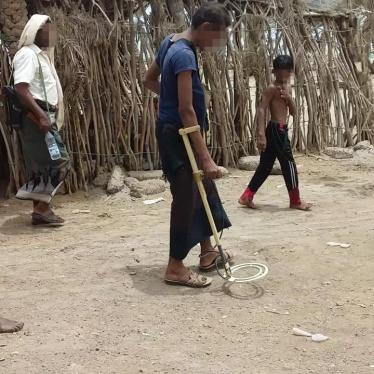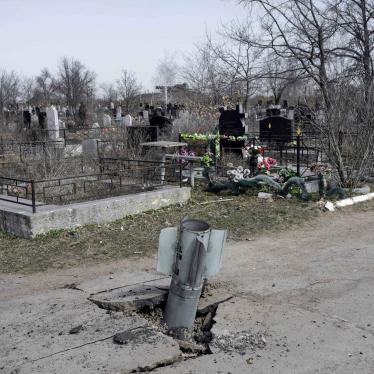We appreciate that the Committee on Cooperative Compliance continues to be diligent in carrying out its work, and that it reports on its efforts in such detail. Over the years, it has looked into allegations of use of antipersonnel mines by five States Parties, and has recommended “case closed” for two: Turkey and South Sudan.
As we have just heard, the Committee continues to look at allegations regarding Sudan, Ukraine, and Yemen. The common theme across all three for the past year – indeed since 2011 for Sudan and Yemen and 2014 for Ukraine—is that the situation remains unchanged, and that conflict and lack of access to areas not under government control prevent investigations. We appreciate the remarks from Sudan and Yemen just now, and from Ukraine earlier.
It is worth noting that there has been only one confirmed instance of use of antipersonnel mines by a State Party since entry-into-force, by Yemen in 2011-2012, as it has acknowledged. Moreover, there have been no new allegations of use by any other States Parties since the Compliance Committee began its inquiries, some five years ago.
There are other compliance concerns apart from use allegations. The Compliance Committee should be mandated to consider these as well. These include the long-missed stockpile destruction deadlines for Greece and Ukraine; the significant number of States Parties that are keeping mines under the Article 3 exception without ever using them for any of the permitted purposes; and the lowest ever compliance rate with the legal obligation for transparency reporting.
On Article 5, there are far too many requests for extended deadlines, and too little respect for the requirement to clear mined areas as soon as possible, and at the latest within ten years. Of special concern is Eritrea’s failure to yet submit an extension request. It will be in violation of the Convention as of 1 February 2020 if it fails to submit a request for approval by States Parties at the Review Conference. We urge Eritrea to address this immediately.
The issue of improvised antipersonnel mines (victim-activated IEDs) has also become a compliance concern. States Parties need to treat these as they do other antipersonnel mines, to report them in transparency reports as contaminated areas, to clear them in a timely fashion, to report on clearance, and to submit an extension request if necessary.
States Parties should condemn any new use of improvised antipersonnel mines, should stigmatize them as banned antipersonnel mines, and should apply all of the Mine Ban Treaty’s provisions to them, including the need to impose penal sanctions to prevent and suppress prohibited acts, most importantly, new use.
Finally, it is vital to promote compliance with the norm being established by the Mine Ban Treaty: that there should not be any use of antipersonnel mines of any type by any actor under any circumstance.
Thank you.







